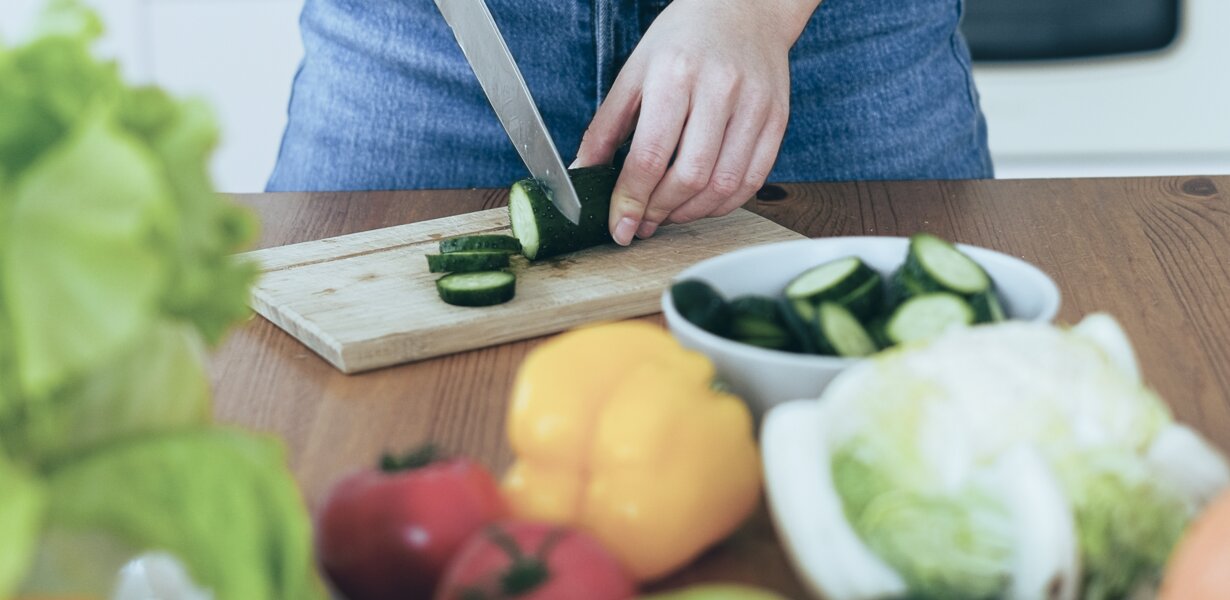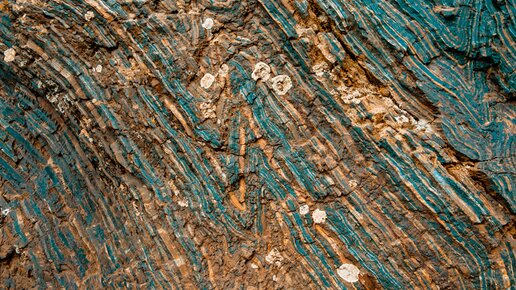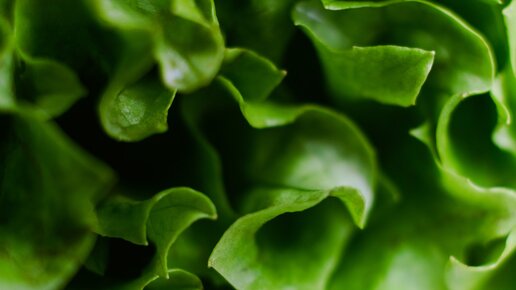What constitutes the ideal diet? There is no one right answer to this. Not only laypeople disagree on what exactly the perfect diet should look like, the question is beset by a multitude of different approaches and opinions amongst experts as well. That said, they do have one thing in common – (almost) everyone agrees that a plant-based diet offers certain health benefits. In the case of some of the more restrictive vegetarian diets, however, it is advisable to pay special attention to ensuring an adequate supply of nutrients. This has been confirmed by the findings of two recent studies investigating vitamin B12 levels in vegans and iron levels in vegetarians.
While vegetarianism was once mocked and derided as a diet rife with deficiencies, the findings of several large-scale studies (Oxford study, Heidelberg study) painted a different picture altogether. Meat-free diets have now become fully established in our society; indeed, vegetarians are on average slimmer and in better health than non-vegetarians. Furthermore, in the long term, vegetarians have a lower risk of developing chronic diseases and a higher life expectancy. Nevertheless, a strict vegetarian diet makes it harder to ensure an adequate supply of certain nutrients. It is always important to keep an eye on iron levels, for example, while vitamin B12 is another critical nutrient – especially for people who follow a strict vegan lifestyle.
Vitamin B12 – an indispensable supplement for vegans
If your nutrient intake is not in line with your body's needs, this can lead to deficiencies – regardless of whether your diet is exclusively plant-based or includes meat. However, it is widely acknowledged that vegans should make a special effort to ensure they are getting enough of the water-soluble vitamin B12. This comes down to the fact the vitamin is found almost exclusively in animal products.
In December 2019, the status of vitamin B12 as a critical nutrient for vegans was confirmed by a study showing that vegans who did not take vitamin B12 supplements were at greater risk of having low vitamin B12 plasma levels than vegans who did. The researchers found that the risk of a vitamin B12 deficiency was tied to a lack of B12 supplementation rather than the length of time the subjects had been following a vegan diet.
Keeping an eye on iron supplies
It is vital to pay particular attention to ensuring a good supply of iron; in fact, low iron levels are the most common type of nutrient deficiency worldwide. Although vegetarians and vegans appear to ingest similar amounts of iron to non-vegetarians by eating wholegrain products and legumes, the body only absorbs 10% of the iron in plant-based foods at most. By contrast, 30% to 70% of the iron in meat is heme iron, which has an absorption rate of 15% to 30%. There are, however, some exceptions: iron from curry leaves and certain mushrooms is highly bioavailable.
In 2018, a systematic review yielded fresh insights into the effects of vegetarian diets on iron status. Generally speaking, we tend to attribute iron deficiency to women more than men, not least as a result of pregnancy and menstruation. Interestingly enough, however, a meta-analysis of the data showed that the differences in iron stores (ferritin levels) between male vegetarians and male non-vegetarians were more pronounced than those between female vegetarians and female non-vegetarians. This could be attributable to the fact that the iron stores of non-vegetarian men are generally higher than those of non-vegetarian women and therefore become depleted to a greater extent after the switch to a vegetarian diet. Despite this, women have a higher risk of iron deficiency and iron deficiency anemia and should therefore keep a close eye on their iron supplies.
Conclusion:
A carefully planned vegetarian and vegan diet provides all the nutrients you need to keep your body healthy. Nevertheless, it does make it harder to secure sufficient supplies of certain nutrients, such as iron and vitamin B12, vitamin D and omega-3 fatty acids. Vegans and vegetarians may benefit from special supplements to facilitate their daily nutrient intake.
Source:
Selinger, E. et al. 2019. Vitamin B12 Deficiency Is Prevalent Among Czech Vegans Who Do Not Use Vitamin B12 Supplements. Nutrients. doi: 10.3390/nu11123019.
Haider, L. M. et al. 2018. The effect of vegetarian diets on iron status in adults: A systematic review and meta-analysis. Crit Rev Food Sci Nutr. 58(8):1359–74.








